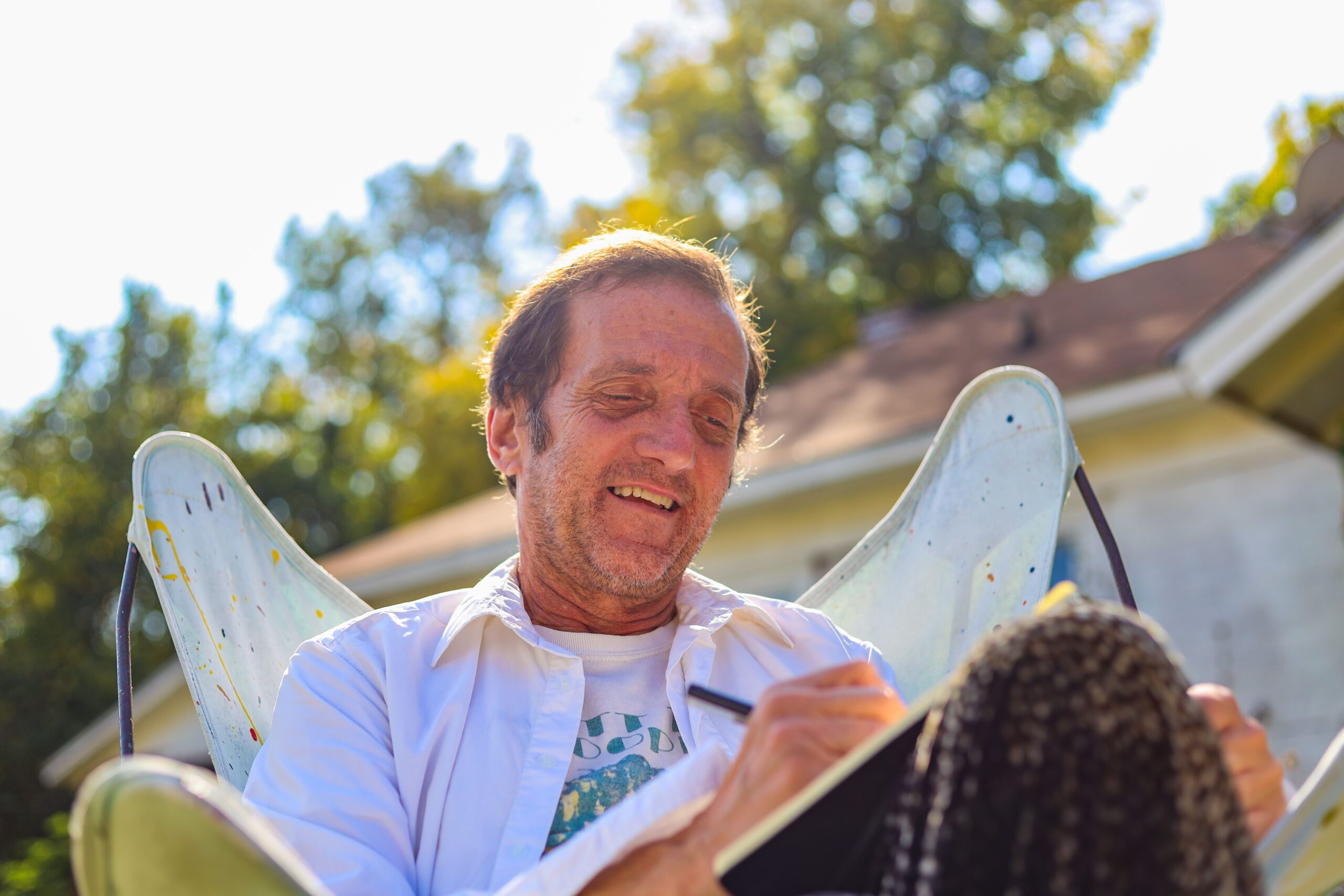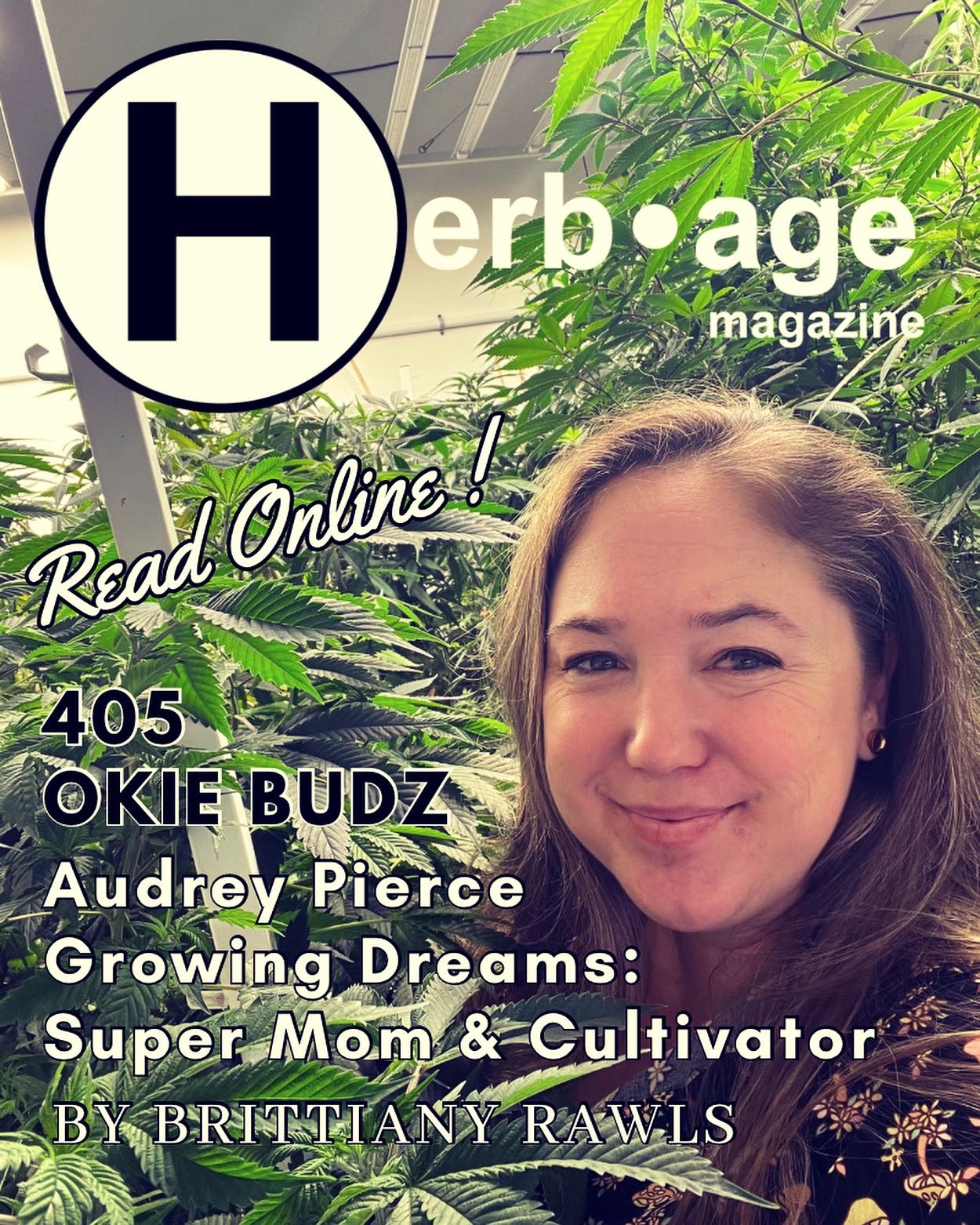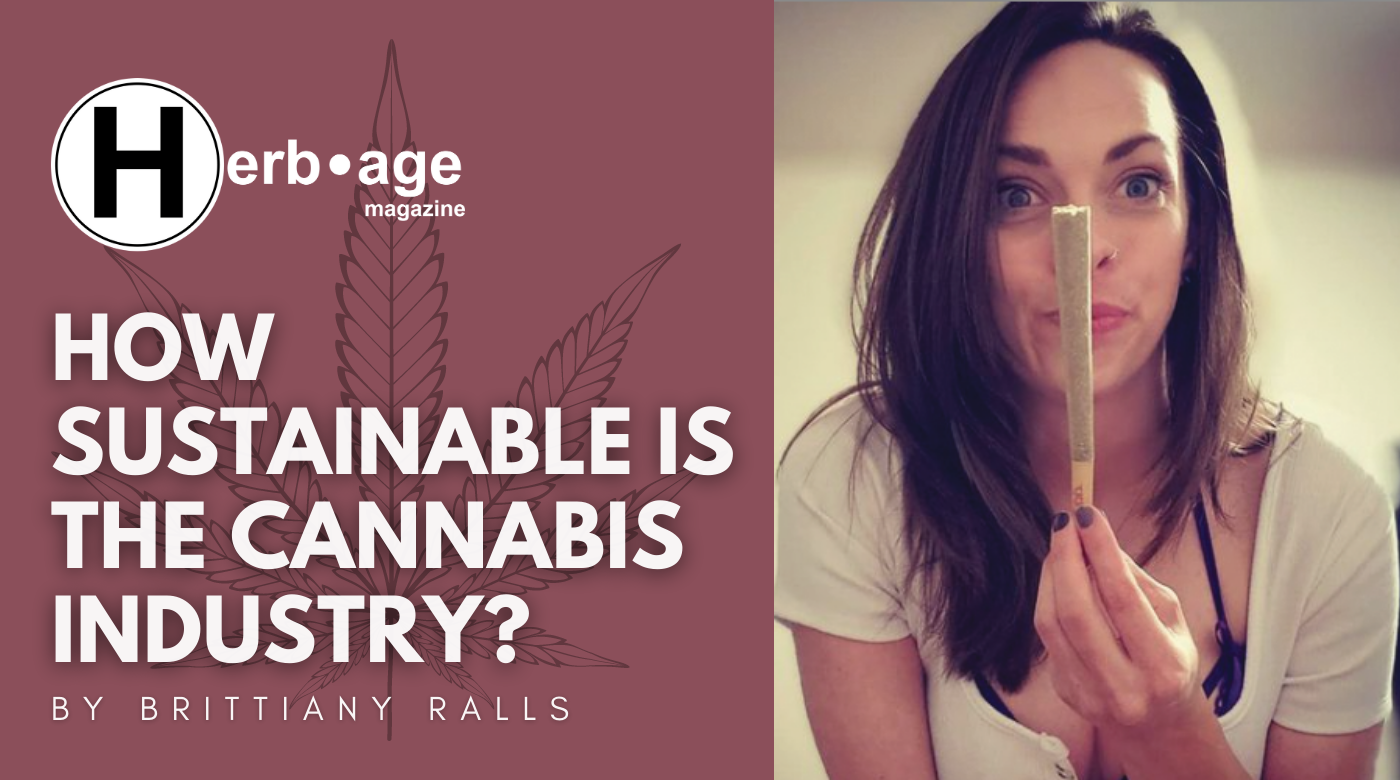by Brittiany Ralls
Ever see that little flower making its way through that concrete crack, not letting anything stop it from growing? Growing up in areas that aren’t always kind to those that are different doesn’t stop those who are different from existing, growing just like that flower, despite the concrete that tried to stop them. This is the story of Tyson Meade. An artist in many ways, music and paint, but really has mastered the art of growing no matter the obstacle that is laid before him. You can see this in his music, go listen to Chainsaw Kittens. The group he is most known for as being the lead singer. But, in my humble opinion, Tyson Meade has done his best work as a solo music artist.
It was an honor and such a pleasure to meet Tyson Meade, The Grandfather of Alternative Rock. In case you didn’t know. Now you do. Being called this by none other than the Smashing Pumpkins, Tyson takes this as such a compliment. Coming from beginnings here in Oklahoma to being a rockstar recognized worldwide, the Grandfather of Alternative Rock is living his life happily with his flock of chickens that could basically have a television show of their own.

Photo credit: Jeff Hooten | CASEDGOD
So you got started in music as a kid?
TM: You know like, I was a dreamer as a kid you know, I had this epiphany or realization not too long ago that music for me always meant security, I was the youngest and my oldest sis, my only sister, who was the oldest, The Beatles, you know… my mom was like, kind of the same way, she really loved the Supremes and she would dance, and so it’s just… I realized I never really knew exactly what it was that it just it is something that is part just so much a part of my you know before you know before I can speak I just heard music.
You know and I grew up out in the country, and it was very you know I was kind of the oddball. Because everybody was like cowboys and you know playing army and that kind of stuff and I’m acting like I’m a beetle, you know. It just kind of went from there you know, I just, it’s just always in there.
There is this movie called Jackie and Hillary I don’t know if you’ve ever seen it, where it’s the two sisters and one is, it’s either an Australian or British movie, that and they’re both musicians, they’re both classical musicians, and one plays like a cello and she decides you know she doesn’t want to do it anymore. It’s just such a part of her identity and she leaves the cello in the cab and the cabbie finds her and is like “here’s your cello” and she realizes oh… this is tied to you.
I was in China and I just decided you know, I lost my record contract and my booking agent. All this stuff that happened and I was just like oh you know “screw making music.” Blah blah blah, so you know I was in China and having this great time then I met this student, he was a violinist and he was so talented and so he got me back into music again. Because I realized that there was this thing that people have, some people have that, you you know, and like part of like in that movie that I was just talking about, Jackie and Hillary, it’s just you know it’s your destiny kind of whether you like it or not.
I envy people who have that.
TM: You know I feel very fortunate, because there’s so many circumstances that led to where I’m at where I just happened to be around people in college. My co-writer Todd Walker, Defenestration, who was as like determined as I was. Then you know that sort of splintered apart because we were all really young and we didn’t really understand what we had. Then I formed the Chainsaw Kittens and that really did well. And we you know, and so there’s been a series of luck too. There has been a series of blows as well you know, it’s all right. It all makes for a really great story at the end of the day I think.
So when you were in China, was that the only time in your life that you wanted to distance yourself from music?
TM: Yeah I think because, I think it took me so long you know. I lived out in the middle of nowhere, I was out in the country, outside of Bartlesville. And at a time when you know if you wanted to play music (it) was like good luck, you got to be in New York or LA or something, you know.
I took drum lessons all my life you know, and my drum lesson teacher had played in clubs and stuff, that was kind of the extent of it. And you know, like in a cover band. No one really took it serious that oh you could, you can go from, you can go beyond that and be like a national artist that’s making albums on the major labels so whatever, and so it took so long to get to a point where I was at, making records, you know, it was or it seemed like it. (laughing) I mean I was…. you know, 22 or 23 when you know we made our first record then I thought so it’s taking so long and then I look back and go oh my gosh, I was only 22.
I’ve been thinking about life being older now, and how you know… you just, when you’re when…. you’re young you just have all of this ambition and you don’t really know how to get to where you’re going, and there’s all these sort of, you have these pitfalls, but then you also have these really great times that you don’t really realize how great they are until you look back and go you know, “that was such a good time.”
You mentioned luck, what are some of the luck circumstances you have had?
TM: You know, the luck circumstances it’s funny, Wayne Coyne, from The Flaming Lips lives across the street there. And so and I’ve known him, we both started out basically at the same time and they made their first record on their own, their an independent record and we played a lot of shows together at like, the American Legion or whatever. Just like house parties or whatever. We would play shows where 20 people would show up! You know, it was just right when it was starting out in like ‘84 or whatever. They made their first record and then he helped us, you know he helped my band, Defenestration sort of navigate the waters. Then his girlfriend at the time knew like, they started getting radio play out on the coast on college stations. So we knew where to send our records and we had sort of, you know no one really had a guide of what to do. And we actually had someone that was doing the same thing at the same time and help, and trying to reach the same audience.
So that was one of the lucks and then when the Kittens formed, we were doing well after, we set our first record and we were looking for a producer for a second album. And uh… the Smashing Pumpkins were making their first record at that time and they heard it and put Fig who it went on of course to create Nirvana.
Then the Smashing Pumpkins became really great friends and like, Billy got us our booking agent for us. Really did a lot to kind of get us further along. So there was some luck, but then there was, you know, I think there was just a lot of things that we know, we signed some bad record deals and stuff like that bands always do and lost some of her publishing rights, and you know, different things that just happen. I just try not to be bitter about any of that.
How do you feel about being called the Godfather of alternative rock?
TM: Oh gosh, you know, it’s sweet, like it really is nice to have that sort of accolade or whatever. And you know, I think that when I started, you know it was just trying to bring life back to a music medium that had diminished itself, you know, it’s like you have these bands like, they started off it seemed like, a family, that seemed to start off really like on the right foot. Then two or three albums in and they’re just like a parody of themselves.
And you know there were all these really great bands when I was a kid and some of them didn’t know, they just self-destructed like the New York Dolls. And they were kind of bigger than life and that’s what I wanted to be.
With you know, the Godfather of Alternative, it’s just really you know, it I take it as a really great compliment. At the end of the day I’m just an artist doing his work and my art be it my painting, my music, whatever at the end of the day I just want to have this really illustrious, large body of work, you know.
Do you feel like that is your way of leaving your mark on this world?
TM: Yeah, for sure. You know actually, it’s funny, and this segues into, I just finished last night. I just finished the rough draft of, I’m working on a musical, and it’s an autobiographical, fantastical, spectacle of a musical and the thing, one of the main characters is a pop heiress from, the Kittens had an album, Pop Heiress. And we had the song called Pop Heiress Dies and a statement that she makes in the musical is that, as she’s looking at me and going “Oh look how old you’re getting, I’m going to be young forever.”
That’s my, what I leave will be young forever and I’ll you know, I’ll wither and die or whatever. It’s our way of somewhat being immortal, I guess.




